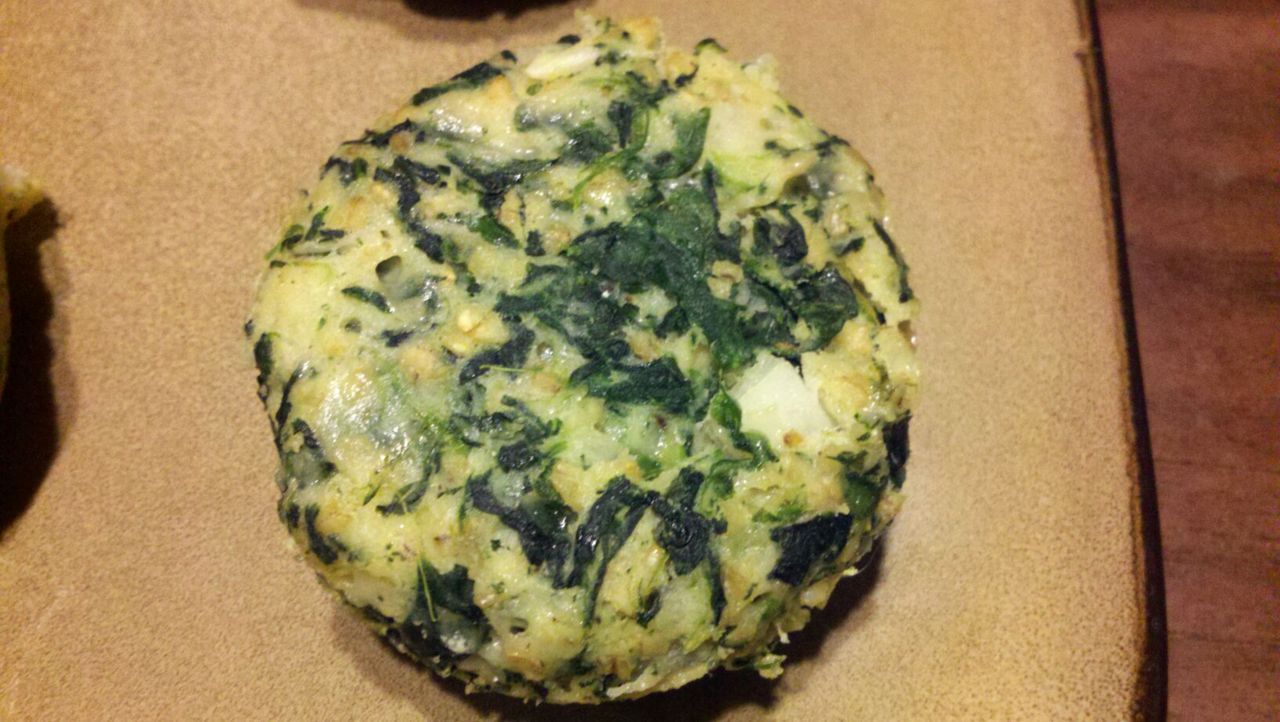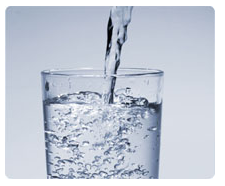This can be made as a loaf but to save time and for easier portion
control, a cupcake pan works really well. It’s a slightly modified
version of a Pillsbury recipe. The difference is, this one is gluten
free* and not loaded with salt and fat.
- 2 eggs, beaten
- 2 cups frozen diced potatoes
- 1 cup frozen cut leaf spinach, thawed, squeezed to drain**
- 1/2 cup steel cut oats
- 1 medium onion chopped
- 1/4 tsp nutmeg
- 1/2 tsp black pepper
- 2/3lb grated Gruyere cheese***
- Brown onions in a skillet and put to the side
- Defrost potatoes and spinach
- Combine all ingredients and mix well (potatoes will become similar to mashed potatoes with some texture left)
- Heat oven to 350F. Coat a muffin pan with non stick spray. Press mixture firmly in sprayed pan.
- Bake 350F for 35 to 40 minutes or until top is golden brown and “muffins” are firm. Remove from oven and let cool for five minutes.
- Serve with mushroom gravy
- Even though oats are gluten free many people with gluten allergies are also allergic to proteins in oats. Make sure to check with your doctor!
*** Gruyere adds a lot of flavor, but it does increase the salt content of the meal. It is also high in saturated fats like all other cheese, so try to balance this out in your meal with something that is low in saturated fats

